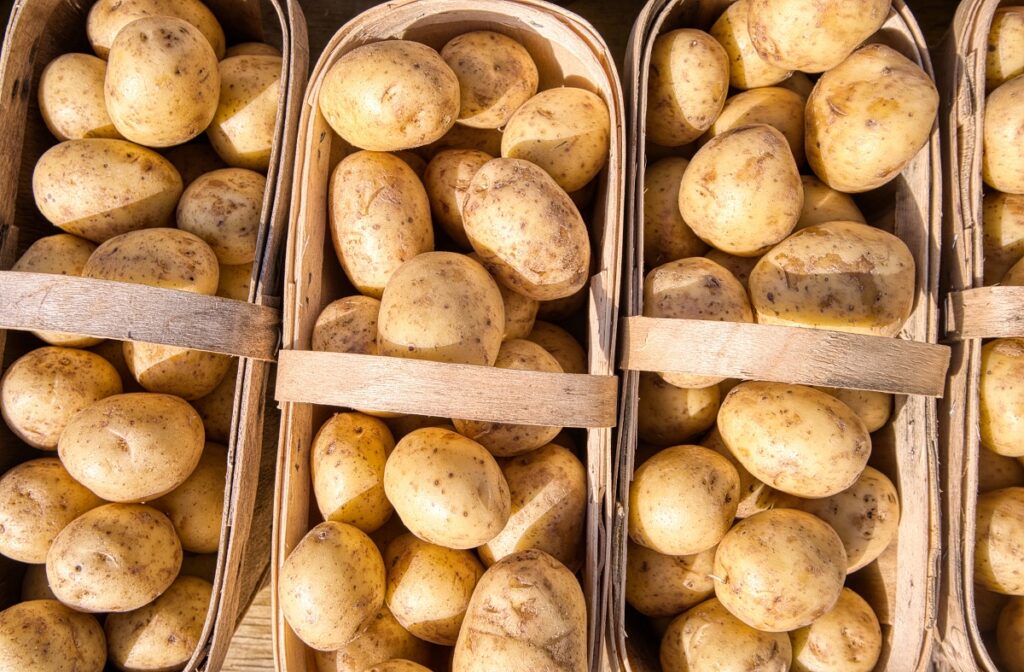Growing vegetables in space is no longer sci-fi, but rather fully possible, according to The Conversation.
As climate change is affecting our capacity to farm food on Earth, outer space offers a theoretically infinite area to grow. But challenges exist: roots depend on gravity to direct their growth, the light is different there, and you need to manage water and soil wisely.
Biotechnology can assist by creating plants that have deeper roots or are otherwise able to adapt to the harsh environment, perhaps by simulating the genomic change that plants go through in space.
The first vegetable produced in space was a potato, and this is because potatoes are the most widely consumed vegetable on Earth. Scientists suggest employing biotechnology to develop a “space potato” that is more suited to extraterrestrial growth and is fully edible, thereby reducing waste.
Space agriculture can promote biotechnology and agriculture on Earth. We are learning about the traits that plants require to survive and the genetic responses of plants to the pressures of space. In the meanwhile, NASA is investigating biotech-enabled vertical farming.
According to NASA astronaut Kjell Lindgren, who spoke to the BIO International Convention live from the International Space Station (ISS), where some 1,200 biology and biotech studies are taking place, space research may also help advance health R&D.
“We think the space flight environment produces more rapid aging,” he said. “Understanding these changes in the immune system will help us find better ways to counter them,” he said.
Watch highlights from Dr. Kjell Lindgren at the BIO International Convention:




